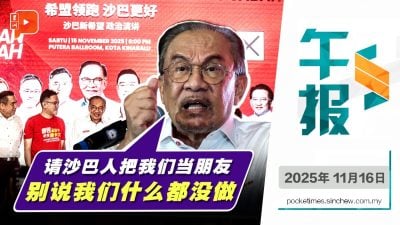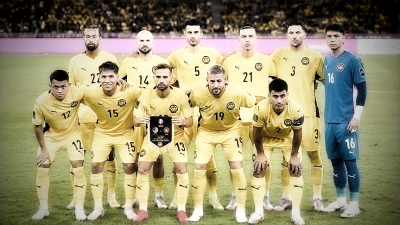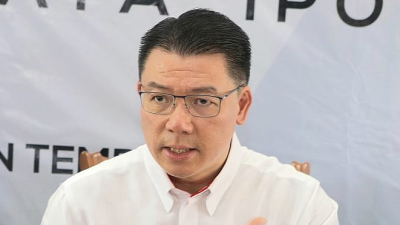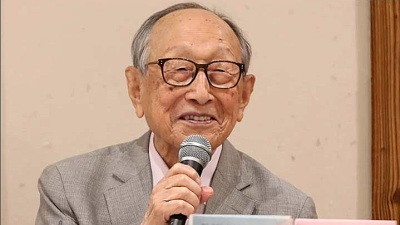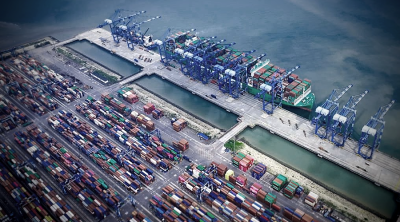Politicians must exercise some self-restraint, especially with the global economy expected to slow down significantly this year.
Sabah Umno made a shocking announcement last Friday to quit the state government, thus putting chief minister Hajiji Noor’s status in a precarious position.
Rumors of Sabah state administration change have been around for some time, and have gained momentum these last few days.
As a matter of fact, even before the state Umno announced its decision not to back Hajji, the chief minister had already made some preemptive moves. He announced that he would reshuffle the state cabinet.
Meanwhile, PKDM (Parti Kesejahteraan Demokratik Masyarakat ) has also decided to follow Umno’s footsteps to withdraw its support for Hajiji.
As for Parti Warisan said to have jointly planned the coup d’état with Umno, it also stood up to lambaste the chief minister, arguing that Hajiji’s CM position is unconstitutional.
After a string of political maneuvers, it is, once again, back to the crucial part of “head counting.”
Sabah has a total of 79 state assemblymen, including six appointed assemblymen. Anyone who wants to be CM will need to have the support of at least 40 state reps.
For Hajiji, he already had the support of 29 seats from GRS which he leads, but that was still 11 short of the magic number of 40.
With seven Pakatan Harapan assemblymen now say they oppose to any form of “backdoor government,” plus the five dissident reps from Umno who have expressed their continued support for Hajiji, it appears now that the Sabah state administration is not going to change hands anytime soon.
For decades Sabah’s politics has always been full of unpredictabilities, where party-hopping and coups have become a norm.
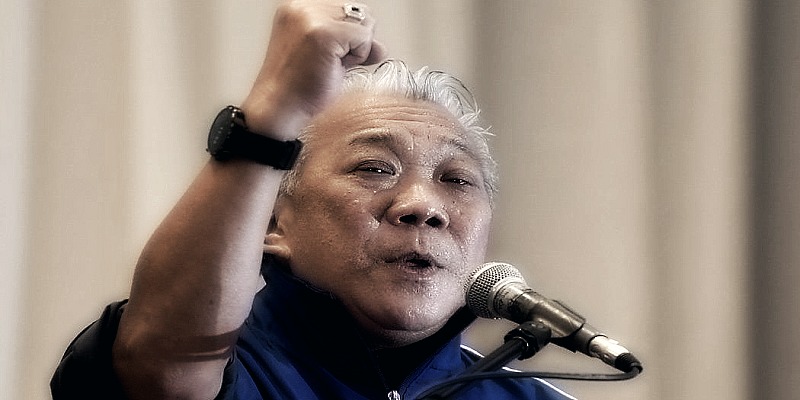
After the 2018 general election, Sabah BN could have managed to cling on to power with a simple majority, if not for the subsequent party-hopping that saw Shafie Apdal installed as CM instead.
Fast forward to 2020, the Sheraton Move that brought down the PH government sent ripples across the country. Before Shafie was toppled, he nevertheless managed to get the state governor’s nod to dissolve the state assembly to pave way for a snap election. Unfortunately, his party failed to win more than half of the seats for him to be reinstated as CM.
Although GRS and BN joined hands to wrestle the state administration from Warisan in the state election, political undercurrents were still very much evident on lack of mutual trust.
Sabah changed its chief ministers twice from 2018 to 2020, and now a new coup has been plotted, attesting to the fact that Sabah’s politics is highly unpredictable and unstable.
Sabah is one of the poorest states in the country and by right its leaders should strive to stabilize the state’s political climate and focus on economic development for the well-being of its people.
Unfortunately, politicians are seen constantly switching sides in their own interest, bogging down the state’s development as a result of instability.
To be honest, for a state which is generously endowed with abundant natural resources, Sabah should have done much better than this!
Sabah needs to mold a more mature and civilized democratic ecosystem, and the key now lies with its long-standing tradition of party-hopping.
Simply put, Sabah should follow the footsteps of the federal and other state governments to adopt the anti-hopping law as soon as possible.
Additionally, political parties and their leaders must stop all their manipulative tricks in an attempt to unseat the incumbent head of government outside the legislature. A more sensible way of doing things is to go back to the assembly and prove one’s support by means of a confidence vote.
Notably, even though changes taking place in the Sabah politics entail only the state administration, they have far-fetching ramifications on the federal unity government as well.
At the federal level, the unity government comprises PH, Umno, Warisan as well as GRS, and their split in Sabah will impact the parties’ relationship in the federal government.
We have to reiterate here that all Sabah needs at this moment is economic development, not another stunning political drama!
Repeated coups and administration changes will not do the Sabah people any good.
Umno supreme council member Abdul Rahman Dahlan has blasted Bung Moktar without explicitly naming anyone, for toying with politics at the expense of the people’s well-being, asserting that the people of Sabah had grown utterly disgusted at political manipulations and they had their right to political stability.
Enough is enough! Politicians must exercise some self-restraint, especially with the global economy expected to slow down significantly this year.
They should focus on the economy instead. Any attempt to unconstitutionally wrestle power is bound to be met with strong resistance from the rakyat.
ADVERTISEMENT
ADVERTISEMENT











